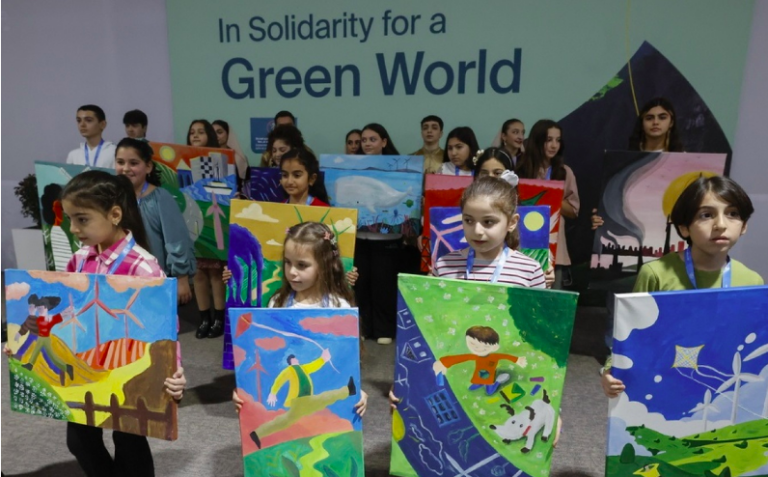At least $300 billion annually by 2035: this is the pledge made by developed nations to increase financial aid to poorer countries threatened by climate change. However, the conclusion of the chaotic UN conference in Azerbaijan left many participants dissatisfied, with criticism directed at both the amount and the leadership of the COP29 presidency.
The pledged funding aims to address floods, heatwaves, and droughts, and to assist developing nations in adopting low-carbon energy solutions rather than fossil fuels. Yet, representatives from the world’s poorest countries argue that the amount is insufficient to meet the escalating challenges posed by the climate crisis.
COP29: A Mixed Outcome
While the European Union, the United States, and other wealthy nations consider the $300 billion annual commitment a significant step, critics from the Global South label it as insufficient. UN Climate Chief Simon Stiell described the conference as a challenging experience, emphasizing that the road ahead demands continued efforts.

As storms battered the Philippines and Honduras and droughts and wildfires plagued Ecuador during the two-week COP29 conference, the urgency for a robust response became evident. Despite incremental progress, including the tripling of funds for vulnerable nations, the conference’s outcome was marred by accusations of poor organization and leadership.
Mixed Reactions from Leaders
UN Secretary-General António Guterres expressed hope for more ambitious outcomes, urging nations to persist in their climate actions. Outgoing U.S. President Joe Biden hailed the agreement as a milestone but highlighted the challenges posed by opposition to green energy initiatives. Meanwhile, French Minister Agnès Pannier-Runacher criticized the agreement as inadequate and blamed the Azeri presidency for a lack of coordination.
Ask me anything
Explore related questions





